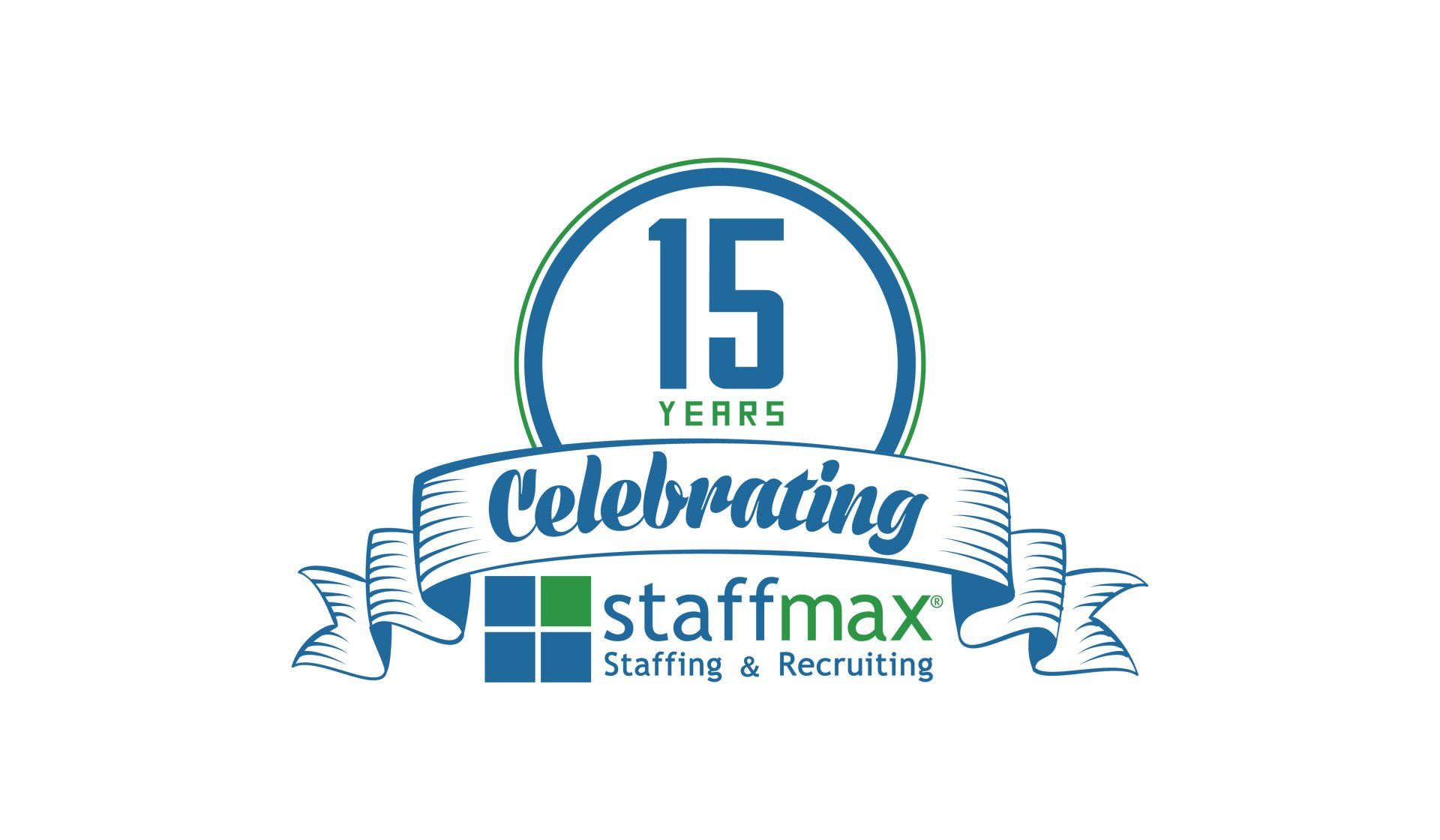The year 2022 will be focused on workplace culture.
By Caroline Crastillon for forbes.com

A new year offers employers the opportunity to reflect on how their organization has adapted to recent challenges. It’s also the perfect time to reimagine workplace culture. That's because employers have struggled to recruit and retain top talent in recent months. And according to a new report from Glassdoor, the tight labor market trends will continue into 2022.
One key to winning the war for top talent is a renewed focus on company culture. The organizations that succeed will rethink employee engagement and develop an employee-centric work environment. Let’s look at five emerging trends and why 2022 is the year of workplace culture.
Flexible work will become permanent
A Harvard Business School survey found that 81% of employees who have been working from home through the pandemic either don't want to go back or prefer a hybrid schedule. "As we're preparing to get back to business as usual, it seems professionals don't want 'business as usual,'" said Harvard Business School executive director Patrick Mullane. "They want flexibility from their employers to allow them to maintain the new work/home balance and productivity they have come to enjoy." Prioritizing flexibility also demonstrates that employers value their employee’s health and well-being. To recruit top performers, embracing a flexible workplace culture will be essential.
Employee recognition will become more important
As we enter a new world of hybrid and remote work, employers will have to reconsider how they define visibility in the workplace. That includes building trust and leveraging data that provides more insight into employee engagement and performance. One key driver of employee engagement is recognition. Yet, a recent Quantum Workplace report revealed that employee recognition is trending downward. At the peak of the pandemic, 81% of employees said they knew they would be recognized if they contributed to the organization's success. However, this percentage dropped to 72% by May of 2021. Employees need to feel appreciated to be satisfied and productive. By creating a workplace culture that celebrates recognition, companies will attract and retain top talent.
Connection will drive workplace culture
ADP Research Institute found that U.S. workers who feel strongly connected to their employer are 75 times more likely to be engaged than those who do not feel connected. With connection being another driver of employee engagement, companies will need to increase their focus on people-centered programs. According to a Gartner survey, those initiatives include diversity, equity and inclusion strategies, which now rank in HR leaders' top priorities for 2022.
Employee development will become a priority
More and more teams have taken on new or changing roles in the last 12 to 18 months. As a result, many workers want to broaden their skillsets. Without opportunities for advancement, employees can feel stagnant and unchallenged. By facilitating professional development, employers ensure their teams remain at the forefront of industry trends and best practices. While this makes employees more valuable, it also gives companies a competitive edge. Another benefit is that workers who receive ongoing training are more likely to stay with the company. When organizations invest in their employees, their abilities, engagement, and retention rates grow.
Technology will play a pivotal role in workplace culture
When technology is well-integrated with a company’s culture, there is a 5x higher likelihood of employee engagement and a 47% lower chance of attrition, according to O.C. Tanner’s 2021 Global Culture Report. With employees more dispersed than ever before, the role of technology in workplace culture can’t be overstated. Applications must be personalized, integrated and easy to use. And the good news is that most employees feel good about the future of technology in the workplace. Based on the O.C. Tanner study, 77% of employees believe advanced technology will improve their work experience, even in organizations where it has eliminated jobs. That’s because they know that it will establish a greater connection with the organization and one another.
There is no question that the pandemic has given workers the upper hand over employers. And the need to build cohesive teams is greater than ever. So how can organizations win the talent war? By cultivating a workplace culture that engages, rewards and, most of all, inspires.













